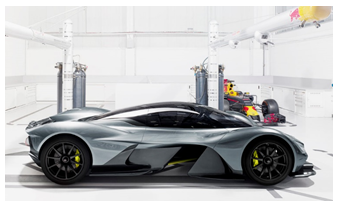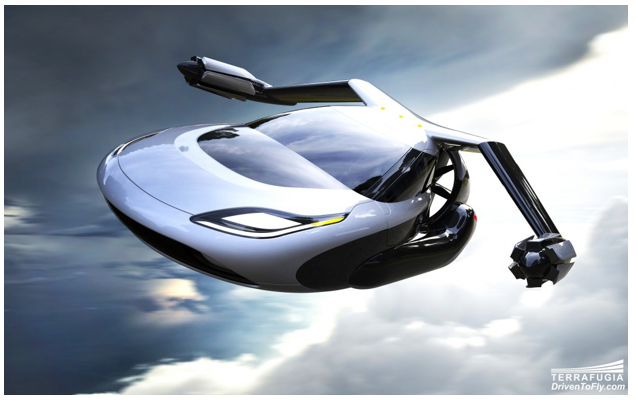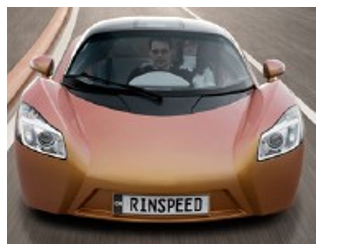Swap Those Plastic Buttons for $385 Cufflinks Made From a Bugatti Veyron
Bugatti did not design the Veyron to serve any practical purpose. It designed the car to stack up superlatives like a pre-schooler piles blocks: heedlessly. The Veyron was the fastest, most powerful, fanciest, and most completely unnecessary car on the planet for the entirely of its 10-year run. Bugatti made just 450 of them, sold them all for an average of $2.6 million apiece, and reportedly lost money doing it. You almost certainly won’t ever know the God-like power of driving a Veyron, let alone that of its even more…
Read More









